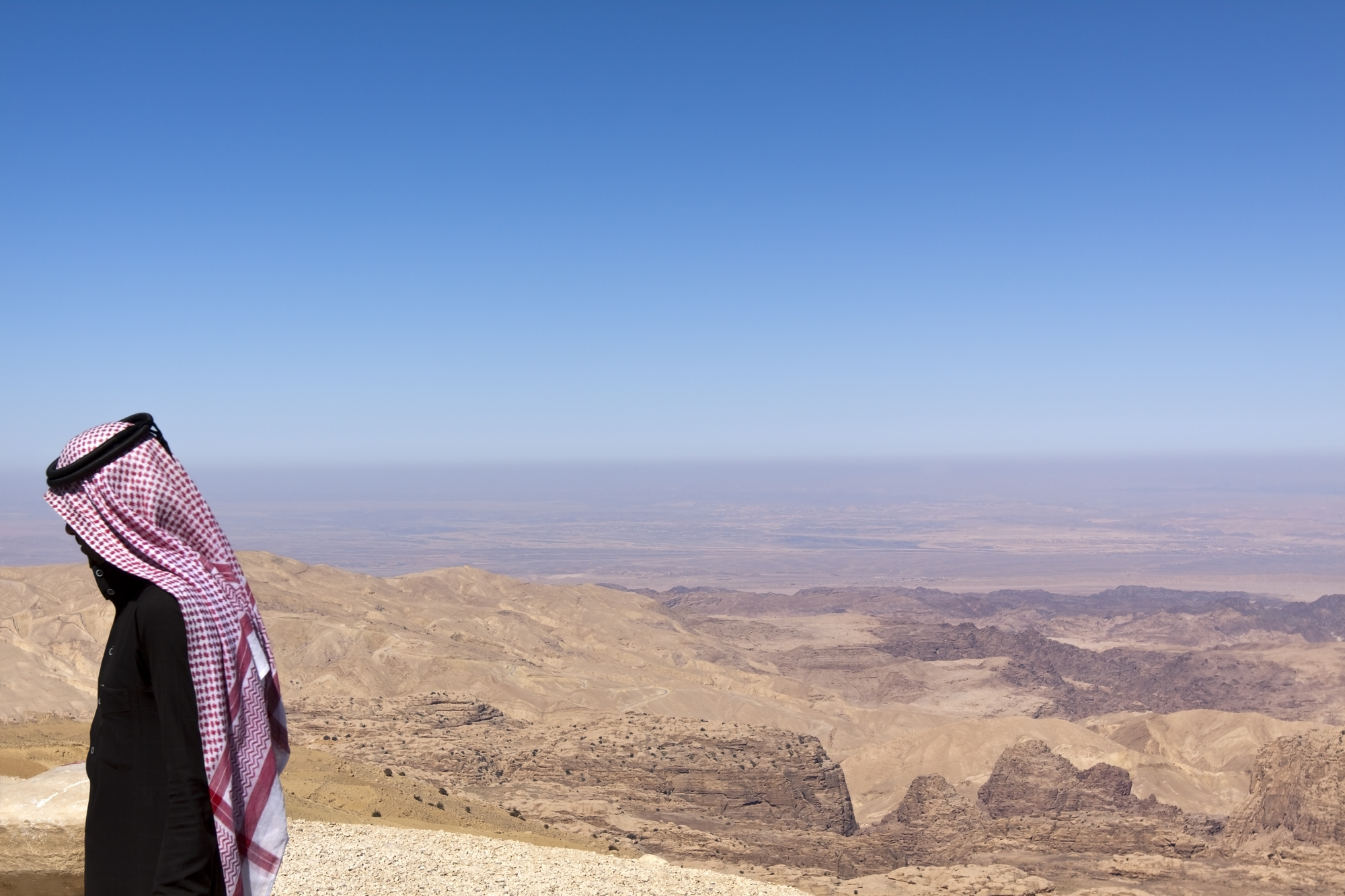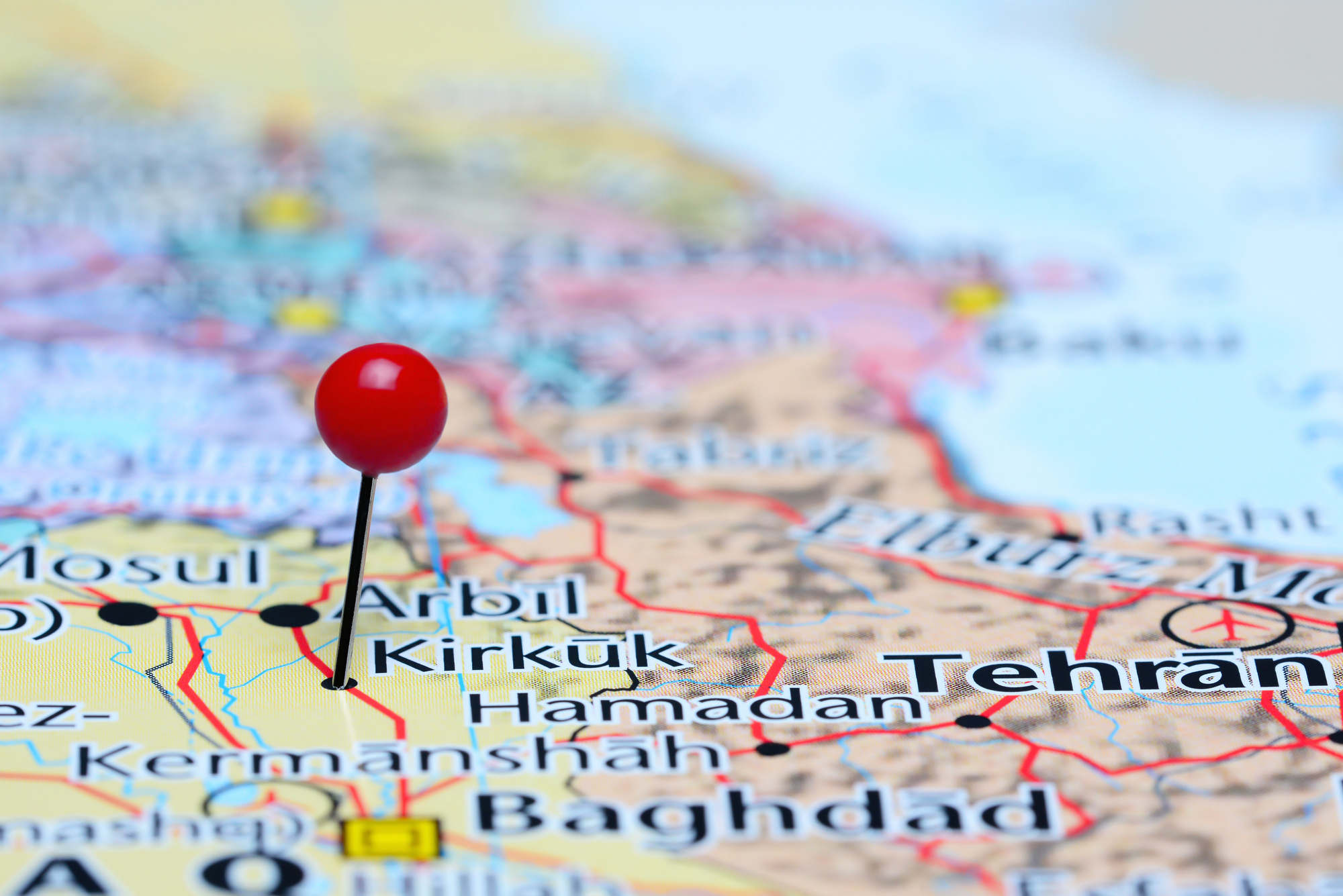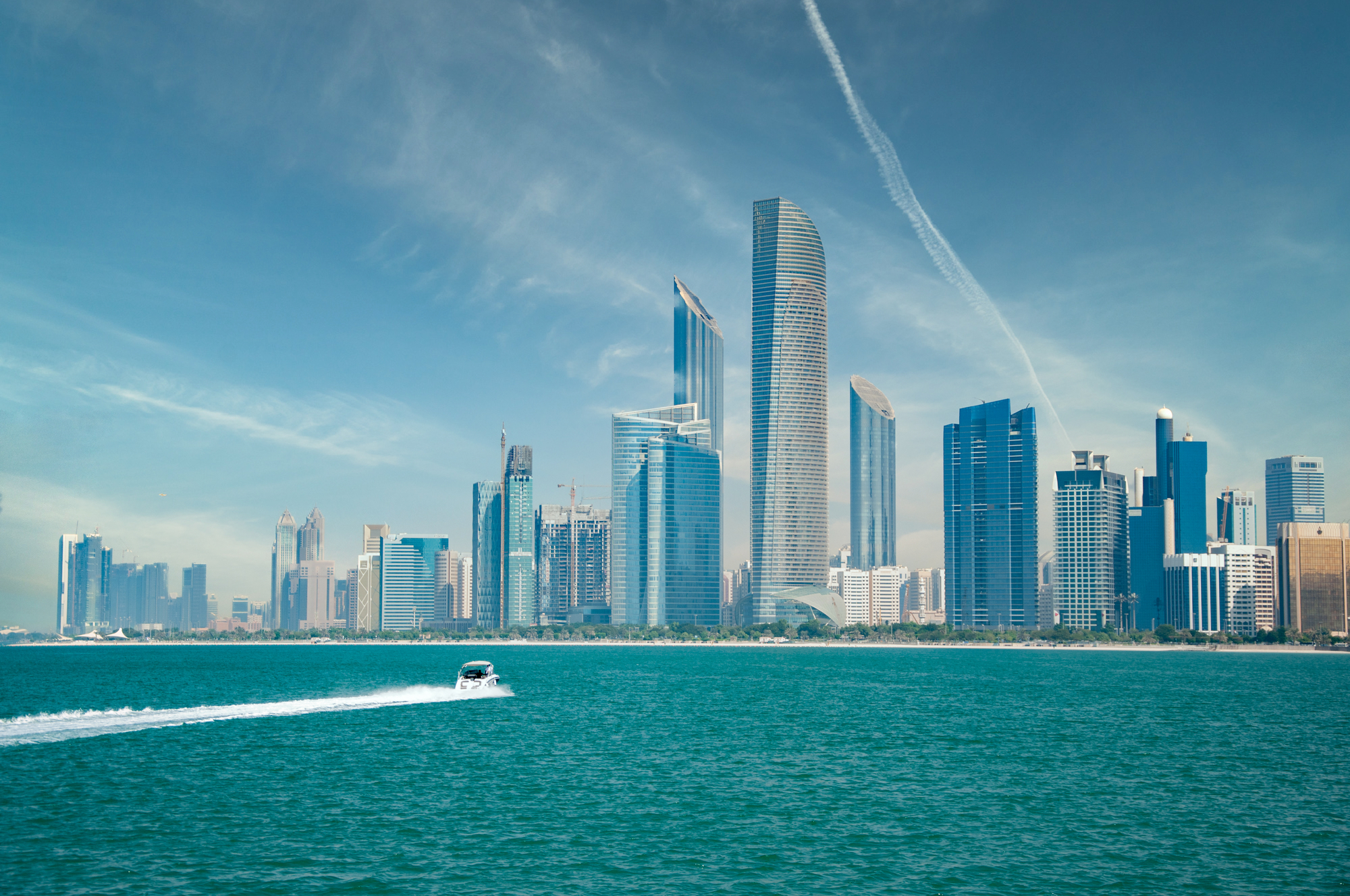The History of Iraq’s Basrah Heavy Crude Oil: Its Production, Plants, and Price
Understanding the dynamics of Basrah Heavy Crude Oil can be challenging due to its historical nature and how it has been a primary driver in the development of different countries.
Understanding the Basrah Heavy Crude Oil market also discusses geopolitics and how that drives these oil markets. This article will focus on the history of Basrah Heavy Crude Oil, its location, and why it’s such an important global crude oil benchmark.
What is Basrah Heavy Crude Oil?
Basrah Heavy Crude Oil is an oil that comes from the Iraqi region of the Persian Gulf, known as the Basrah region. Basrah Heavy Crude Oil is a heavy and dense oil, meaning it is very thick. To put this in context, Brent Crude is a light crude oil, while WTI is considered in the midweight range.
The primary feature is that it is a very thick and heavy oil, which means it’s more challenging to process than other types of crude oil. It takes a lot of energy and effort to get it out of the ground, out of the oil fields. So, in terms of its quality, it is a reasonably heavy oil. Historically, it’s been a very, very important oil, and it’s one of the reasons that many Middle Eastern countries have been significant historically.
The Geopolitical History of Basrah Heavy Crude Oil
The importance of Basrah Heavy Crude Oil can be traced back to the discovery of oil in Iran in 1908, which was the first discovery of crude oil in the Middle East. This discovery came only one year after Venezuela and the U.S. had begun producing oil from their fields.
The Middle East was the next frontier in terms of oil production. So, a couple of years after the discovery of oil in the U.S. and Venezuela, they discovered oil in Iran. And Iran has been a significant country in terms of oil ever since. The Iranian crude oil was heavier than the oil produced in the U.S. at the time and was similar in quality to Venezuelan crude.
This led to the discovery of oil in Kuwait, Bahrain, and Saudi Arabia during the 1920s and 1930s. Iraq’s first discovery of crude oil came in 1938 in the country’s southwestern region, known as the Basrah region.
The Basrah region turned out to be a prolific oil-producing region for the Iraqis. The nearby port of Basrah on the Persian Gulf was chosen as the primary export terminal for Iraq’s crude oil.
Where is Basrah Heavy Crude Oil Produced?
The Basrah region produces around 80% of Iraq’s crude oil production, about 4 million barrels per day (bpd). The other 20% comes from the northern Iraq region, including the Kirkuk and Baiji fields. The largest fields in the Basrah region include the Rumaila field and the West Qurna field.
The Rumaila field produces around 700,000 bpd, while the West Qurna field produces approximately 500,000 bpd. On the other hand, the largest field in the northern region is the Baiji field, which produces around 200,000 bpd.
Owners and Operators of Refineries and Plants in Basrah
Several companies own and operate refineries and plants in Basrah. These include:
- Saudi Arabian Oil Company (Saudi Aramco)
- Sumed Co. Ltd. (an SCOC-
- Japanese Trading Companies (JTCs)
- Indian Oil Companies.
Each of these companies has a stake in the market, ranging from ownership of refineries and plants to trading in crude oil. This can impact the overall supply and demand of Basrah Heavy Crude Oil. However, certain companies have higher stakes than others. For example, Saudi Aramco has the most significant stake in the market, especially given its ownership of the largest refinery in the region, the Al-Jubail refinery.
- Saudi Aramco owns the largest refinery in the region, which allows it to have greater control over the downstream operations.
- It also gives Saudi Aramco a more extraordinary ability to influence other companies in the market.
- Saudi Aramco also has a controlling stake in the Khafji refinery and is the majority owner of the Ras Tanura refinery.
Saudi Arabian Oil Company (Saudi Aramco)
Saudi Aramco was established by the royal decree of King Abdul Aziz in 1933 as the country’s national oil company. It has been the major player in the Middle Eastern heavy crude oil market since its inception.
Saudi Aramco is the largest company in the region, the largest oil producer in the world, and one of the largest exporters of crude oil and refined products globally.
The company owns the largest refinery in the region, the Al-Jubail refinery, which has a processing capacity of 9 million barrels per day. Al-Jubail refinery is the largest and most efficient in the world, with the capability of processing crude oil of various qualities and at different temperatures.
The location of the Jubail refinery is strategic and ensures efficient crude oil processing. The refinery is located near the Ras Tanura terminal, the world’s largest crude oil terminal. Ras Tanura terminal is on the coast of the Persian Gulf, about 40 miles from the Jubail refinery.
The location of the refinery and the terminal makes it easy for the refinery to receive crude oil and export refined products.
Company Footnote: Sumed Co. Ltd
It is an SCOC formed to build, own, and operate Iraq’s second-largest refinery, the Basrah Refinery No. 2, after the Gulf War.
The company has a 50-year contract with Iraq to use, manage, maintain, and expand the refinery. The company is one of the largest crude oil buyers in the market and holds a significant stake in the overall crude oil operations in the region.
The company is strategically located in the Persian Gulf near the Basrah port, receiving crude oil from different parts of the world. In addition, it owns a fleet of crude oil tankers, which enables it to transport crude oil from one part of the world to another.
Japanese Trading Companies (JTCs)
The trading companies of Japan purchase and resell crude oil in the global crude oil market. They buy crude oil from different regions, including Basrah, and sell it to refineries in other areas.
The trading companies have a significant stake in the market and considerably impact the overall supply and demand of crude oil. In addition, the trading companies are the essential intermediaries between crude oil-producing regions like Basrah and the downstream refining regions like Asia, Europe, and the U.S.
Indian Oil Companies
The Indian oil companies are large refineries and have a significant stake in the overall crude oil operations in the region. Some of the major Indian refineries are located near the Persian Gulf, and they import crude oil from the downstream producing regions in the Middle East, including Basrah.
They also export refined products to the downstream consuming areas in Asia. The Indian oil companies are some of the largest importers of Basrah Heavy Crude Oil.
Conclusion
Iraq’s Southern Oilfields, where the Basrah crude oil is produced, are considered one of the world’s top-producing oilfields. Almost 75% of the crude oil refined in the Middle East is extracted from these Southern Oilfields in Iraq.
And Basrah Heavy Crude Oil accounts for around 90% of this production, making it one of the world’s most produced and consumed crude oils and a significant market to follow.
The companies operating refineries and plants in Basrah have considerable control over the market and can impact the supply and demand of crude oil.






0 Comments